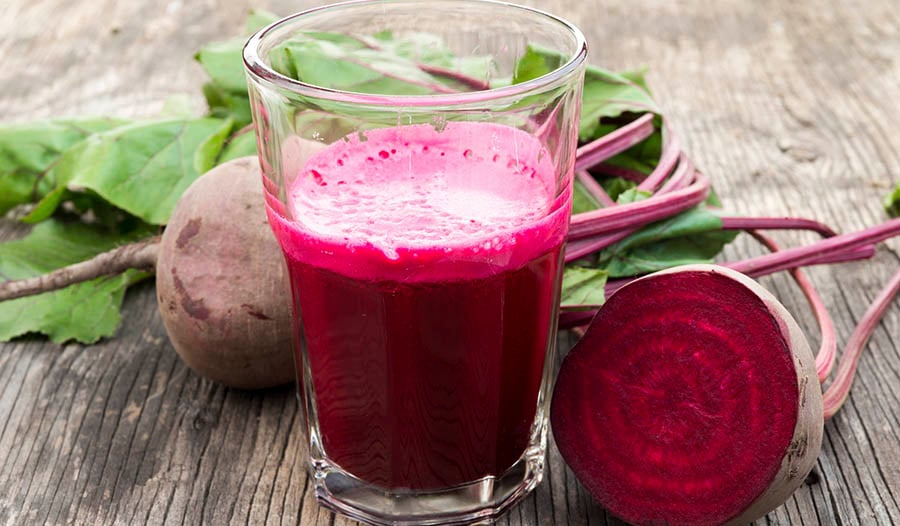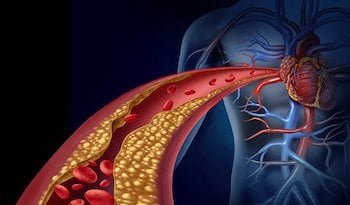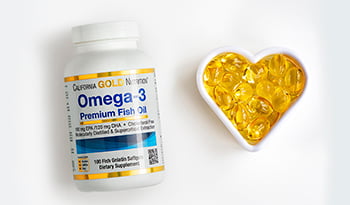How to “Beet” High Blood Pressure
DISCLAIMER:This blog does not intend to provide diagnosis...
- In this article:
- Background Information:
- New Data:

More than 60 million Americans have high blood pressure (high BP) including more than half (54.3%) of all Americans age 65 to 74 years old and almost three quarters (71.8%) of all black Americans in the same age group. High BP is a major risk factor for a heart attack or stroke. In fact, it is generally regarded as the most significant risk factor for a stroke.
Recently, there have been several studies showing that drinking fresh beet juice can lead to clinically meaningful reductions in blood pressure.
Background Information:
Beet juice has been a popular folk remedy for centuries. The primary focus has been in disorders of the liver, but they have recently gained recognition for their anticancer and heart health promoting properties.
The pigment that gives beets their rich, purple-crimson color–betacyanin–is a powerful cancer-fighting agent while naturally occurring nitrates are thought to be responsible for its beneficial effects on the heart and vascular system. Previous studies have shown that:
- Drinking just 16 ounces of fresh beet juice a day significantly reduced BP by up to 10 mm Hg in healthy subjects.
- Beet juice lowered blood pressure within just an hour with a peak drop occurring 3 to 4 hours after ingestion.
- The decrease in blood pressure is due to the chemical formation of nitrite from the dietary nitrates in the juice.
- Once in the general circulation, nitrite can be converted to nitric oxide (NO) by the cells that line blood vessels. NO is a powerful dilator of blood vessels resulting in lower blood pressure.
- Drinking beet juice is considerably more effective in raising blood nitrite levels than eating a very high intake of nitrate-rich foods.
New Data:
In a study conducted at the Baker IDI Heart and Diabetes Institute in Melbourne, Australia, 15 men and 15 women drank either 17.6-oz of a beet juice beverage containing 500 g of beet and apple juice (72% beet, 28 % apple) or a placebo. The participants had their blood pressure measured at baseline and at least hourly for 24 hours following juice consumption using an ambulatory blood pressure monitor. This same procedure was repeated two weeks later, with those who drank the placebo on the first round receiving beet juice on the second and vice versa. The results were that drinking beet juice showed lowered systolic blood pressure by an average of 4 to 5 points after only 6 hours. Here is the significance of this effect; drinking beet juice would cut the rate of strokes and heart attacks by about 10%. In terms of lives, that would mean about 60,000 lives saved each year in the United States.
Reference:
- Coles LT, Clifton PM. Effect of beetroot juice on lowering blood pressure in free-living, disease-free adults: a randomized, placebo-controlled trial. Nutrition Journal 2012;11:106 doi:10.1186/1475-2891-11-106

 By Dr. Michael Murray, N.D.
By Dr. Michael Murray, N.D. 


